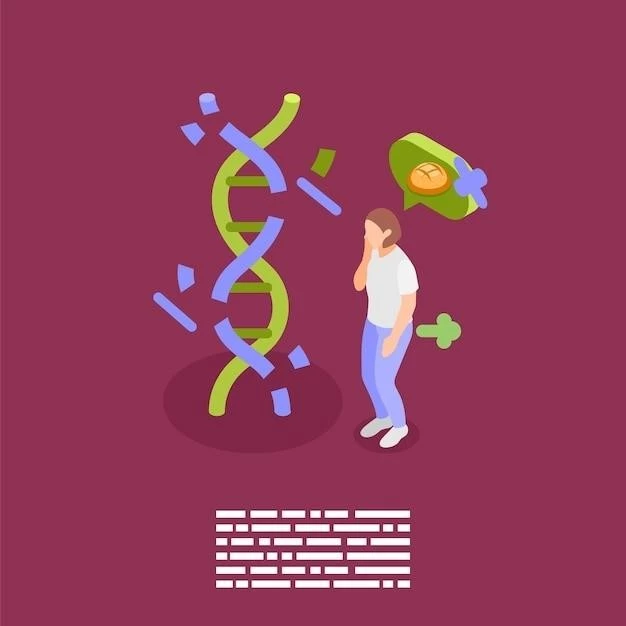Overview of Monosomy 3q13 Syndrome
Monosomy 3q13 is a rare genetic disorder caused by the deletion of a part of chromosome 3.
Introduction to Monosomy 3q13
Monosomy 3q13٫ also known as chromosome 3 deletion syndrome٫ is characterized by the absence of a portion of chromosome 3. This condition can lead to a variety of physical and developmental challenges. Understanding the genetic basis and clinical implications of Monosomy 3q13 is crucial for accurate diagnosis and management of individuals affected by this rare genetic disorder.

Symptoms and Manifestations of Chromosome 3 Deletion
Common symptoms of Monosomy 3q13 include developmental delays, intellectual disabilities, facial dysmorphism, and structural anomalies.
Common Symptoms of Monosomy 3q13
Individuals with Monosomy 3q13 may present with features such as growth retardation, speech delay, hypotonia, hearing impairment, heart defects, and skeletal abnormalities. Understanding and recognizing these common symptoms are crucial for early diagnosis and appropriate management of individuals affected by Monosomy 3q13.
Genetic Counseling for Monosomy 3q13
Genetic counselors play a pivotal role in providing information, support, and guidance to families at risk of or affected by Monosomy 3q13.
Role of Genetic Counselors
Genetic counselors offer emotional support, education on genetic risks, facilitate genetic testing, and help individuals and families make informed decisions regarding Monosomy 3q13. Their expertise aids in understanding the complexities of genetic conditions and empowers individuals to cope with the challenges they may face.
Treatment Options for Chromosome 3 Deletion
Medical interventions and therapies can help manage symptoms and improve the quality of life for individuals with Monosomy 3q13.
Medical Interventions and Therapies
Medical management for Monosomy 3q13 focuses on addressing individual symptoms. Therapies like physical, occupational, and speech therapy can help improve motor skills, communication, and overall development. Additionally, regular monitoring and treatment by a multidisciplinary team are essential for optimizing the care and well-being of individuals with Monosomy 3q13.
Research Advances in Monosomy 3q13
Current scientific developments aim to enhance understanding and treatment options for individuals with Monosomy 3q13.
Current Scientific Developments
Ongoing research focuses on identifying genotype-phenotype correlations, potential therapeutic targets, and innovative treatment approaches for Monosomy 3q13. Advancements in genetic technologies and molecular understanding hold promise for enhancing the quality of life and care for individuals affected by this rare genetic condition.
Support Services for Individuals with Monosomy 3q13
Available support networks provide resources and assistance for individuals and families affected by Monosomy 3q13.
Available Support Networks
Support networks for Monosomy 3q13 offer vital emotional support, information sharing, and networking opportunities for individuals and families navigating the challenges of this genetic condition. These platforms facilitate connection with others facing similar experiences, providing a sense of community and access to valuable resources that can help enhance the well-being and quality of life of those affected.
Prognosis and Life Expectancy of Chromosome 3 Deletion
Outcomes and expectations for individuals with Monosomy 3q13 depend on the severity of symptoms and individual variability.
Outcomes and Expectations
The prognosis for Monosomy 3q13 varies widely. Some individuals may have a relatively mild course with manageable symptoms, while others may experience more severe developmental challenges. Continued research and advancements in care aim to improve outcomes and enhance the quality of life for individuals with Monosomy 3q13.
Early Detection and Diagnosis of Monosomy 3q13
Timely identification through genetic testing is crucial for diagnosing Monosomy 3q13 and initiating appropriate care.
Diagnostic Methods
Diagnostic methods for Monosomy 3q13 commonly involve chromosomal microarray analysis and molecular karyotyping. These tests help identify chromosome 3 deletions and provide crucial information for accurate diagnosis and appropriate management of individuals with this genetic condition. Early detection through these diagnostic approaches enables timely interventions and support.
